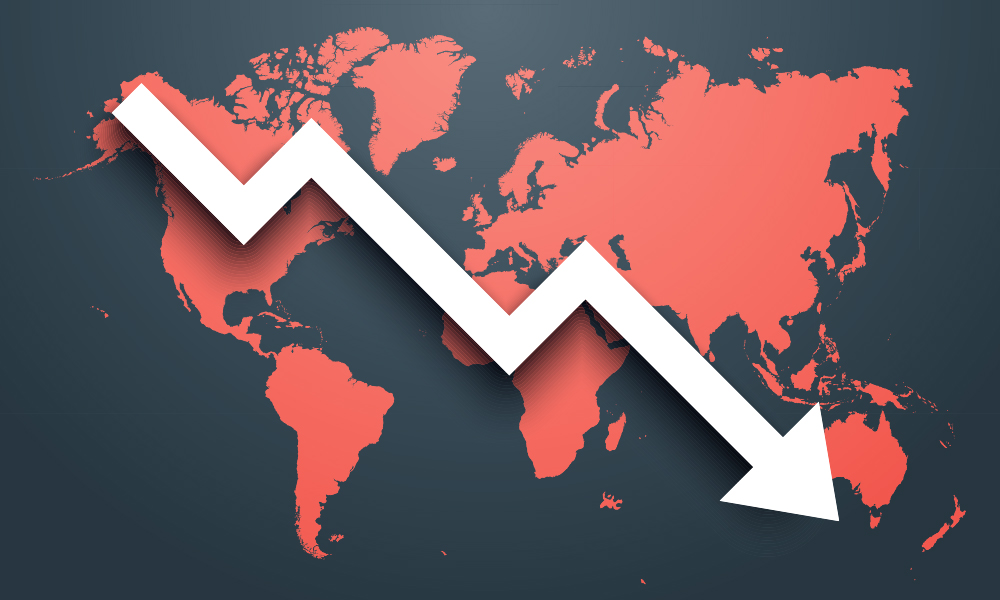
The COVID-19 pandemic has had a significant impact on the global economy, leading to a rise in unemployment rates and a decrease in consumer spending. As a result, many businesses and individuals have faced financial hardships, leading to an increase in bankruptcy filings. Let’s explore how the pandemic has shifted bankruptcy trends.
Bankruptcy Filings
According to the American Bankruptcy Institute, there were approximately 560,000 bankruptcy filings in 2020, a 29% decrease from the previous year. This decrease can primarily be attributed to the government’s stimulus efforts and the temporary suspension of bankruptcy filings under the CARES Act.
However, as these temporary measures come to an end, experts predict a surge in bankruptcy filings. Many individuals and businesses have been struggling to make ends meet during the pandemic, with some relying on credit cards and loans to survive. As a result, debt levels have risen, and bankruptcy may be the only option for some to start fresh.
Industry-Specific Bankruptcies

The pandemic has also caused specific industries to experience significant financial hardships, leading to an increase in bankruptcy filings. For example, the travel industry has been hit hard by the pandemic, with many airlines and hotels filing for bankruptcy. The retail industry has also been impacted, with major companies such as J.C. Penney and Neiman Marcus filing for bankruptcy protection.
Additionally, the oil and gas industry has faced challenges, with many companies struggling due to the decrease in demand for fuel. As a result, several oil and gas companies have filed for bankruptcy in recent months.
Bankruptcy Alternatives
Although bankruptcy may be the only option for some, there are alternative solutions available. For example, debt consolidation and debt settlement can help individuals and businesses reduce their debt and avoid bankruptcy. Additionally, some lenders may be willing to work with borrowers to create more manageable repayment plans.
It is essential to seek professional advice before making any decisions regarding bankruptcy or other debt relief options. A bankruptcy attorney or debt relief specialist can help individuals and businesses navigate the process and determine the best course of action.
The pandemic has caused a significant shift in bankruptcy trends, with experts predicting a surge in filings in the coming months. Specific industries, such as travel, retail, and oil and gas, have been hit particularly hard. However, there are alternative solutions available, and seeking professional advice is crucial before making any decisions regarding debt relief.








